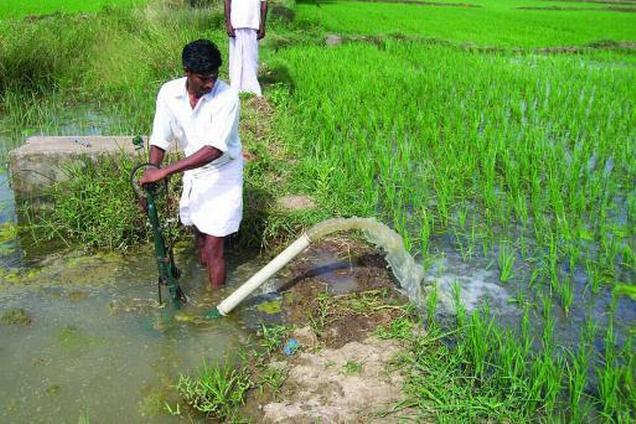Frances
Seymour, Director General
Center
for International Forest Research(CIFOR)
Sindangbarang, Bogor, 16115 Indonesia
His Royal Highness
The Prince of Wales’s Accounting for Sustainability Project
The International Integrated Reporting Council
The Green Economy Coalition and Stakeholder Forum
June 18, 2012
Dear Director General Seymour, et al:
Regrettably, I was unable to attend the 8th Forest Roundtable as planned due to circumstances outside my control. I cannot overemphasize the importance of the Roundtable's agenda. In my opinion there can be no discussion of sustainability unless it begins and ends with the conservation and management of our rapidly vanishing global forest resources. In particular, it was the one forum for which I humbly believed my voice carried weight, as I have the ability to say that I am the co-founder of a decade old global business that integrated the use of a historically handicraft raw material -bamboo- and engineered its natural properties into a high performance building material. Over the years, BT has found great value in the ability to market from the U.S. its developing-country Vietnam produced goods as ICC certified; and likewise agrees with CIFOR's position that similar indirect market mechanisms should be scaled up to support and promote demand side regulation for green commodities.
My
company -Bamboo Technologies, LLC- is a significant example that 1)
consumers will embrace new material buildings when they exude
quality, perform and carry genuine green values; 2) that myriad
three-bottom-line forest economies -based on non-timber forest
product agroforestry- are a viable development model delivering
healthy ecosystems and sustainable communities. Add to this REDD+
and a synergistic driver of genuine 3BL economic models is
achievable. Coupled with integrated reporting metrics and CSR, the
private sector would likely look favorably on finance for REDD+
(which according to CIFOR is an industry with a potential to deliver
an additional US $13 billion in resources per annum by 2020.)
For BT, bamboo proved a high performance timber replacement material; a rapidly renewable; a carbon capture device, when caringly produced, can balance emission reduction goals with the well being of forest communities, including their participation, rights and knowledge. The principle of 'caring' production is very much an ethic that connects the raw material to forest to community to business to consumer. A new broadened stakeholder 'profit' paradigm. BT's experience has now led to the promotion of a hybrid cross cutting public private partnership model, that includes government concessional community forest cooperatives managed and monitored by regional and national NGO. This type of relationship building takes time, resources and insight, but it is the type of commitment required of transitional change, and is the check and balance security that private markets and REDD+ will and must require for transparency.
Finally,
BT's research and experience has demonstrated that the treatment of
forests as 'museums' that remove humankind from the forest natural
econ-ecosystem is as unnatural as over-exploitation. A decade of
experience and deep investigation of the critical 3BL objectives
favor -and arguably cannot realistically exist without market
mechanisms and a view that forest economy and products are the clear
source of economic growth and poverty reduction for developing
countries.
Respectfully Submitted,
/s/
David Elliott Sands
Co-Founder, Bamboo Technologies, LLC
a Rio+20 Forum representative of,
The Peerless Green Initiatives Network
a Global Compact Member
cc:
UNEP, TEEB
UNGC
His Royal Highness The Prince of Wales’s Accounting for Sustainability Project
The International Integrated Reporting Council
The Green Economy Coalition and Stakeholder Forum
Fair Use Notice: This post contains copyrighted material that has not been authorized by the copyright owners. PGI believes this educational use on the Green Eye Web-blog constitutes a fair use of the copyrighted material (as provided for in section 107 of the US Copyright Law.) If you wish to use this copyrighted material for purposes that go beyond fair use, you must obtain permission from the copyright owner. Fair Use notwithstanding we will immediately comply with any copyright owner who wants their material removed or modified or wants us to link to their web site which we routinely do as a business practice notwithstanding.







